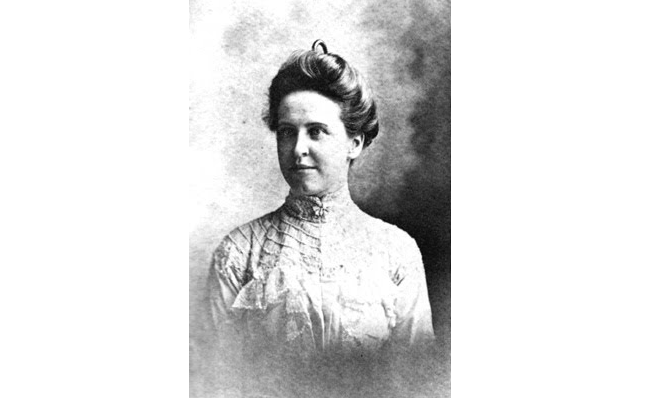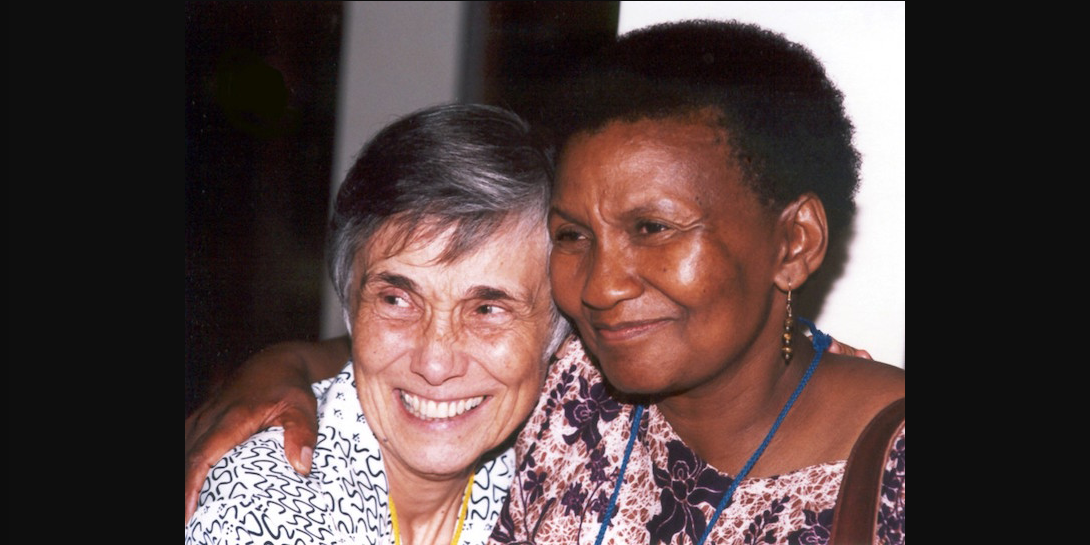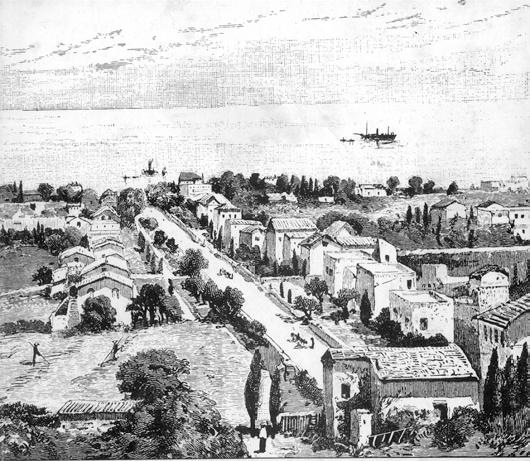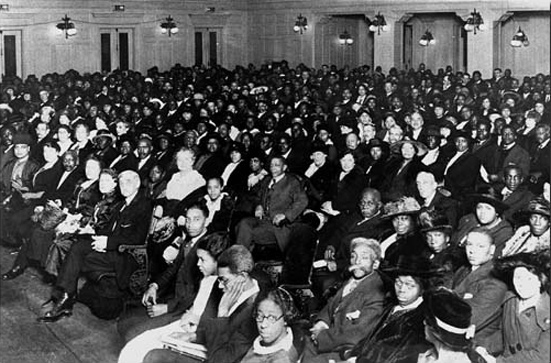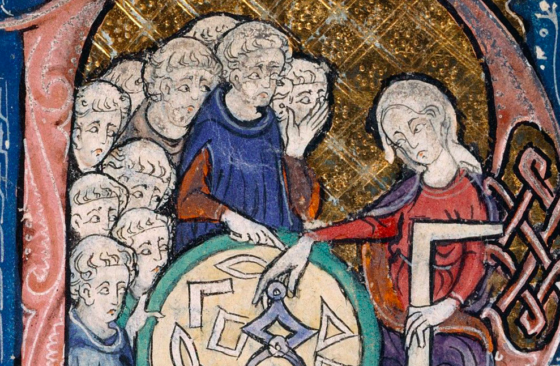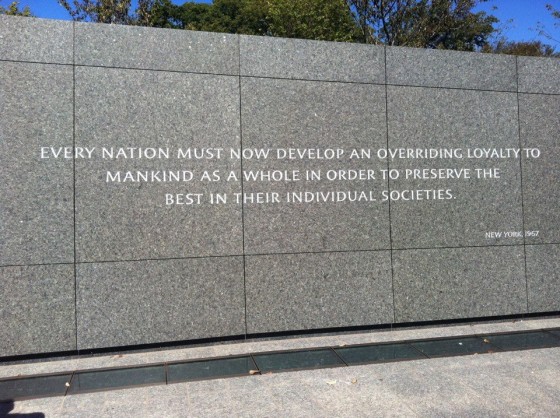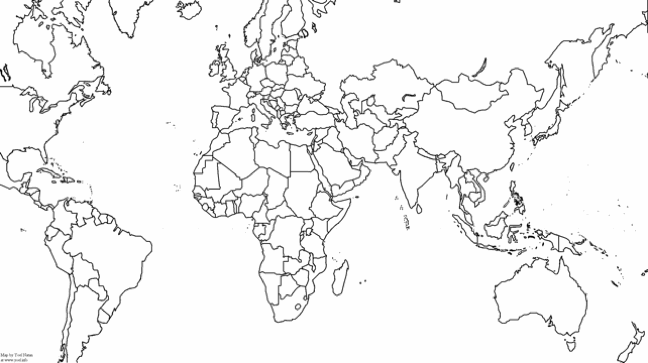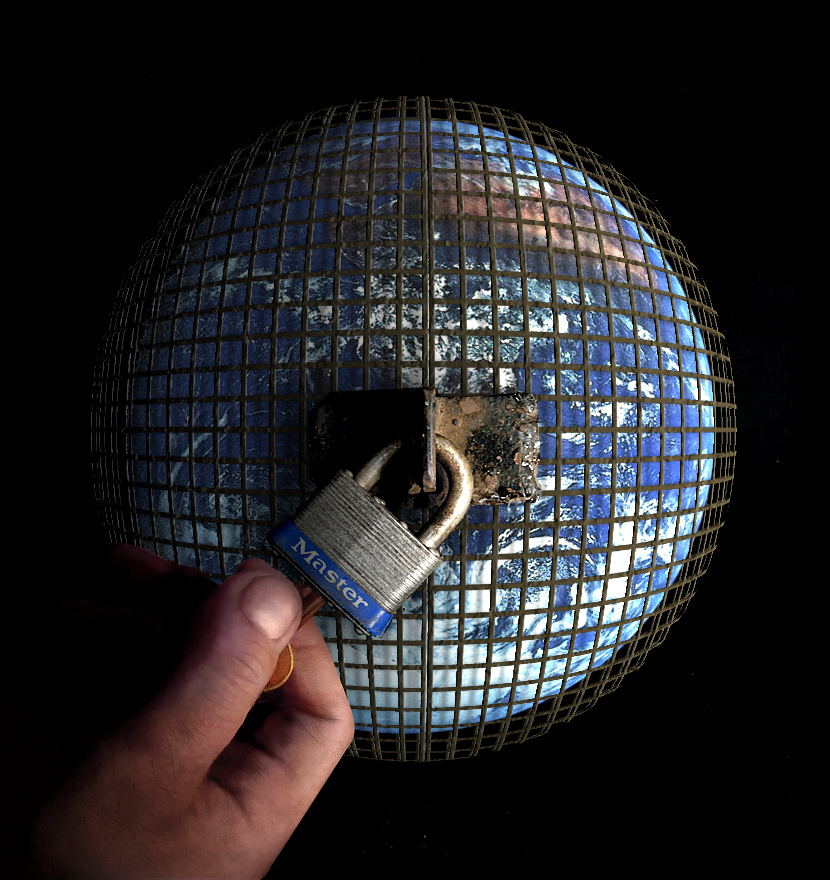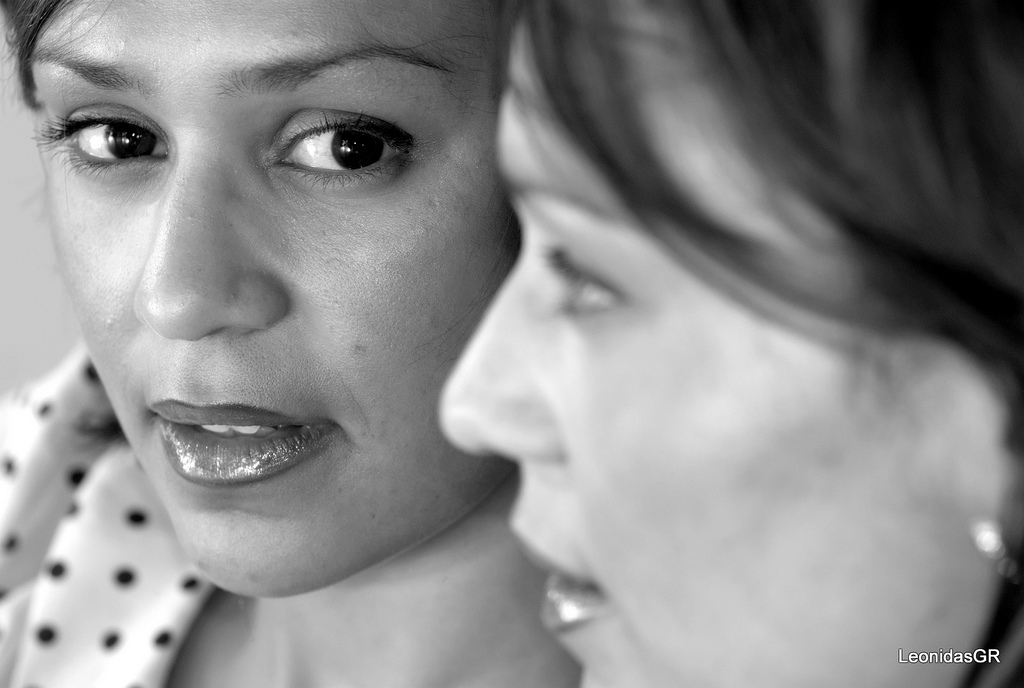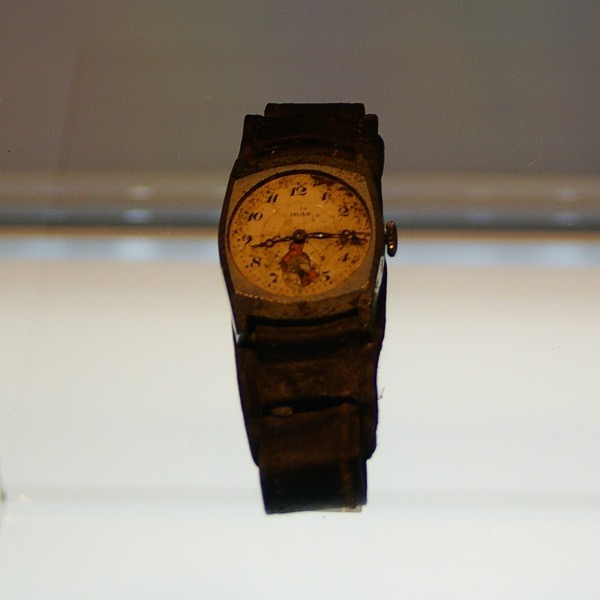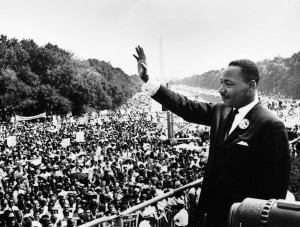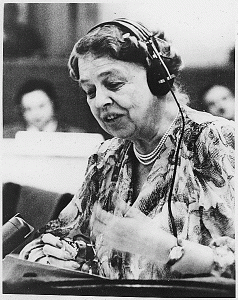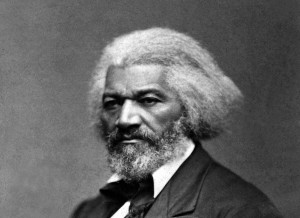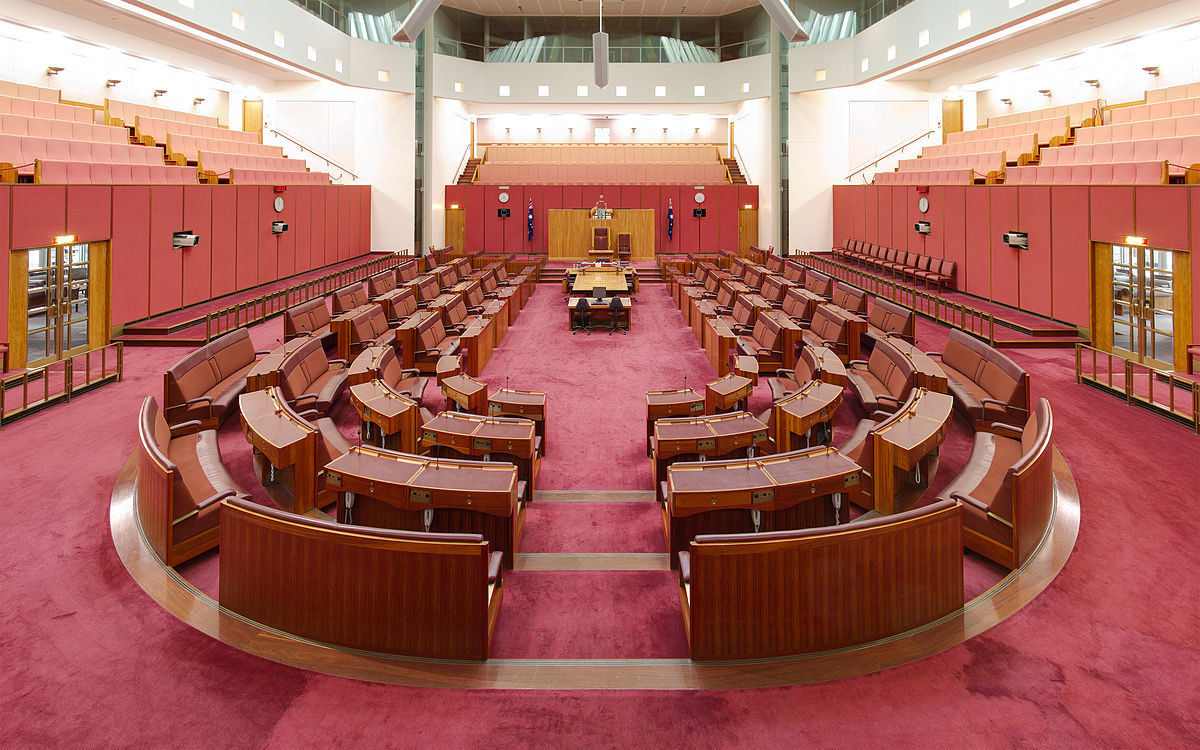-
Lua’s Last Journey
Lua Getsinger is a household name among Baha’is. She was among the first Western Baha’is to visit Abdu’l Baha and when he met her said to her “I have given you the power to speak and have loosened your tongue” and indeed she was to go on to become a great teacher of the Baha’i Faith. She travelled to India to support the teaching work there. When Abdu’l Baha was in America he entrusted her with travelling to California ahead of him to arrange his speaking engagements. She was sent by him to deliver a message to the Shah of Persia who was visiting Paris, to implore him to end…
-
Movement Against Xenophobia – I am an Immigrant
“I AM AN IMMIGRANT” is a positive campaign out of the United Kingdom. It celebrates the contribution immigrants make to society. Xenophobia is rising around Europe. Rather than buying into the controversy, the campaign shifts the rhetoric by simply telling the truth. The truth is captured in stories to be placed on posters throughout Britain. The posters tell the story of the contribution that migrants have made to Britain. These stories are as diverse as life itself: from heart surgeon to train driver. Organizers cite the toxic political debate which vilifies migrants and fosters xenophobia as the motivation for the campaign. The video below introduces the campaign. The campaign…
-
The Duty of Kindness and Sympathy Towards Strangers and Foreigners
It is hardest to write of those things about which we feel most deeply. Today I wish to write about someone whose words and life have profoundly influenced and inspired me. That person is Abdu’l Baha: the son of the founder of the Baha’i Faith and its leader from 1892 to 1921. I wish to address particularly what Abdu’l Baha had to say about the issue of ‘foreignness’. One hundred years ago, on 16 and 17 October 1911, he gave his first recorded talk to the people of Paris. The theme of his talk was “the duty of kindness and sympathy towards strangers and foreigners”. What did Abdu’l Baha see…
-
It’s [not] a free planet
“It’s a free country.” In an age of anxiety you don’t hear people say it so much. And you certainly won’t hear anyone say “It’s a free planet”. For some people it’s getting less free all the time. The retreat in planetary freedom is measured in the rise of terms such as “border security” and the real and virtual fences are going up on the borders of the world. The barriers going up not just at the borders – within countries and beyond them mechanisms to keep ‘them’ out are being reinforced all the time. The highest and most impassable barrier is the wall being built in our minds, so that it becomes more and more difficult…
-
Bartolome de las Casas: An early human rights worker
Bartolome de las Casas is one of those remarkable people in history who arose at the very beginning of the modern human rights movement. A great humanitarian; he learnt human rights in his encounter with the people of Central and South America during the sixteenth century European invasion of the Americas. He used his office as Dominican friar and later Bishop to uphold the human rights of the indigenous peoples of the Americas. Las Casas came to the America’s as part of the colonial expeditions from Spain, arriving in 1502 in Hispaniola (now Haiti and the Dominican Republic), at the very beginning of the encounter between the Europeans and the people of the Americas.…
-
More than one thousand deaths since 2000
On 15 December 2010, 50 people are believed to have drowned when their asylum seeker boat was smashed, only metres from safety, on the shores of Christmas Island. Some of the bodies of those who died will never be recovered. In protests by asylum seekers that followed, children held in detention are seen holding up placards asking: “The children died. Why?” [1] Yet the children and adults that died on 15 December are (horrifically) only a small fraction of deaths associated with “border security”. Sometime in 2010, the known number of deaths associated with Australia’s border controls passed 1000. This number in turn is only a small fraction of the known global toll associated with similar border security policies which are playing out on borders…
-
A lesson from Europe
The question of the place of the Roma in European society has returned to the media spotlight. The New York Times reports that a meeting of European leaders this week “degenerated into open discord” over France’s plans to deport Roma. Since Romania and Bulgaria entered the European Union in 2007, Roma have migrated in increasing numbers to western Europe in search of work and education. This has raised questions in the EU, according to the Times, “over just how open its borders ‘open borders’ are.” The struggle of the European Union to deal justly with the Roma question serves as a reminder that foreignness is not just a legal or…
-
Remote Control Borders: Violating Freedom of Movement
Article 13(2) of the Universal Declaration of Human Rights says that everyone has the right to leave any country. Increasingly countries are cooperating to violate this human rights by preventing aslyum seekers and others from leaving a country to seek refuge in another country. Some examples are: Egypt: which prevents Africans from leaving Egypt in attempting to enter Israel. On 11 June Reuters reported the killing of migrants on the Egyptian border, who were attempting to leave Egypt. 18 people have been killed this year so far, as compared to 19 for the whole of last year. http://www.alertnet.org/thenews/newsdesk/LDE65A0CZ.htm Indonesia: which cooperates with Australia to prevent asylum seekers leaving Indonesia to…
